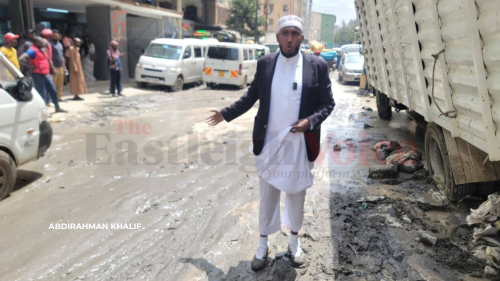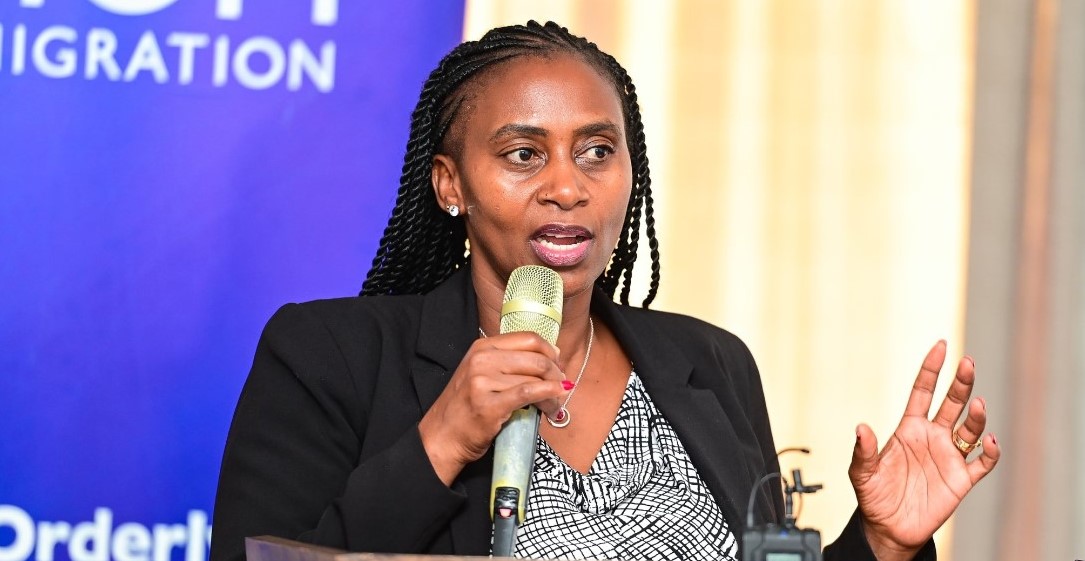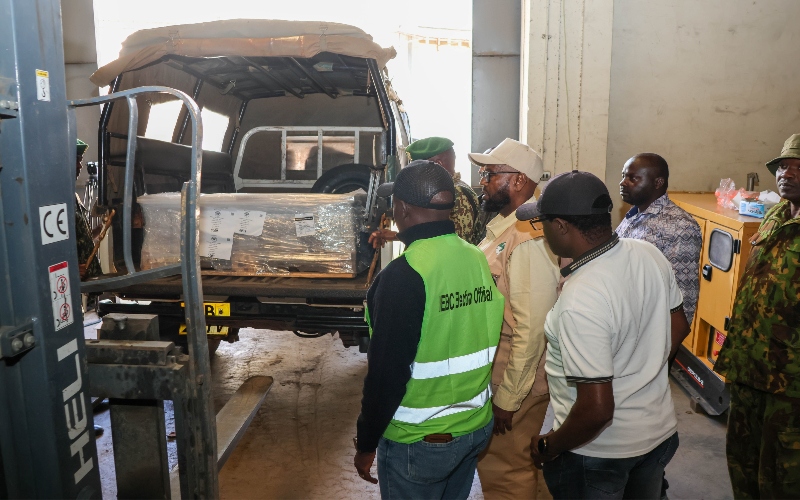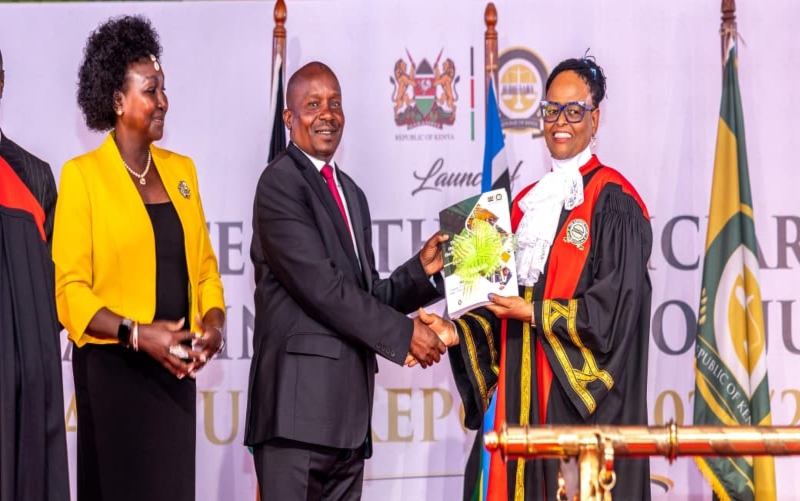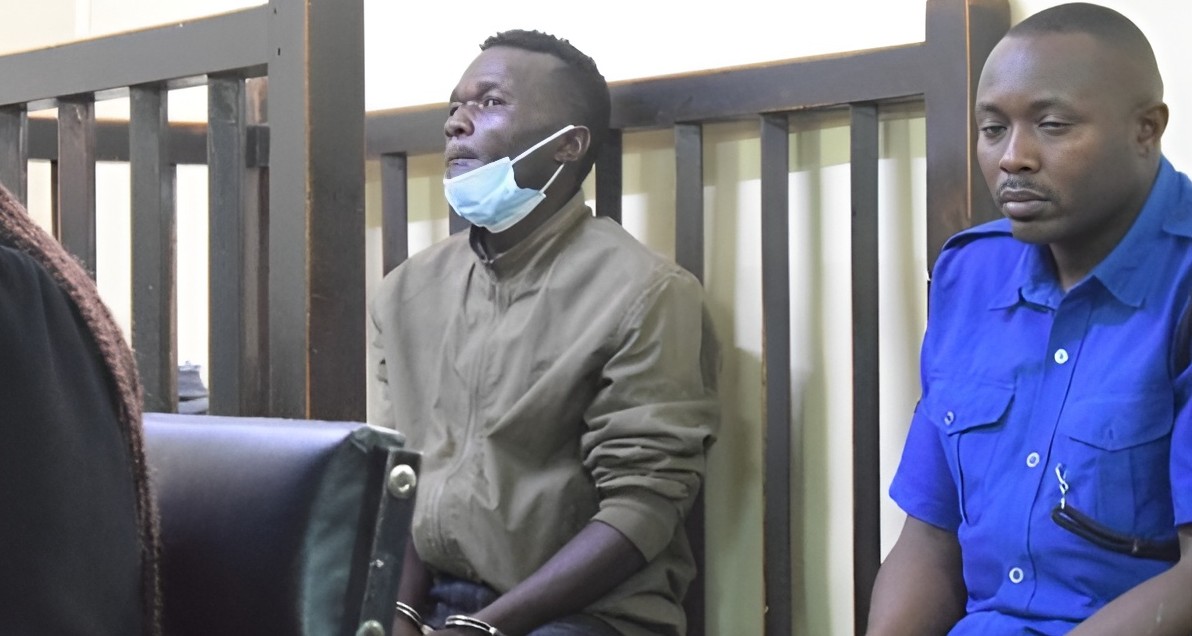Somalia faces worsening hunger with millions needing assistance

Aid agencies, including Save the Children, say the crisis is rapidly worsening and threatens to become a preventable, slow-motion catastrophe.
Somalia’s hunger crisis is deepening, with only one in three people in need of food aid receiving support in October.
This is according to the latest data from FEWSNET, the global provider of early warning information on acute food insecurity.
More To Read
- East African Court postpones swearing-in of nine Somali legislators to EALA
- Somali referee Omar Abdulkadir Artan crowned CAF Best Male Referee 2025
- EU plans increased funding to support Somalia’s security transition
- Somalia e-visa breach exposes personal data of 35,000 applicants, including US and UK citizens
- Smartphones, women’s rights and coupons: new trends that can boost insurance for African farmers
- IGAD calls for joint action to protect livestock, pastoral livelihoods in Horn of Africa
The agency reckons that during the month under review, 1.3 million people, including 800,000 children, received food support, which was less than one third of those in need after four failed rainy seasons.
It further highlights that the country’s needs are set to rise sharply, with up to 5.9 million people projected to require food assistance by early 2026, up from 4.4 million at the end of 2025.
The situation has prompted the country to declare its first national drought emergency in nearly three years.
Aid agencies, including Save the Children, say the crisis is rapidly worsening and threatens to become a preventable, slow-motion catastrophe.
Amid the worsening situation, malnutrition indicators are deteriorating fast, especially in northern and central regions, where Global Acute Malnutrition (GAM) rates among children have climbed to 11.8 per cent for 2025, from 8.6 per cent a year earlier.
Critical, life-threatening levels of malnutrition, between 15 and 29.9 per cent GAM, have been recorded in displacement settlements in Baidoa, Galkacyo, Dhusamareb and Bosasso.
Officials say consecutive below-average rainy seasons, severe food price inflation, conflict, and a devastating 74 per cent decline in humanitarian funding have combined to push communities back into crisis, leaving essential life-saving programmes with major gaps.
Save the Children acting Country Director in Somalia, Binyam Gebru, said the crisis unfolding in the country represents a betrayal of the world's most vulnerable children and families.
“After enduring years of drought that pushed them to the brink of famine in 2022, Somali families are being abandoned just when they need support most,” Gebru said.
“Three consecutive seasons of poor rains have devastated pastoral and farming communities, killing livestock and destroying harvests. Now, as families face another drought and La Niña threatens to make it worse, international funding has been slashed by 74 per cent.”
He added that the country is witnessing a preventable catastrophe in slow motion, with up to six million people needing urgent assistance, but only a fraction receiving help.
“The international community must act now, or we will witness another preventable tragedy unfold before our eyes.”
Top Stories Today
